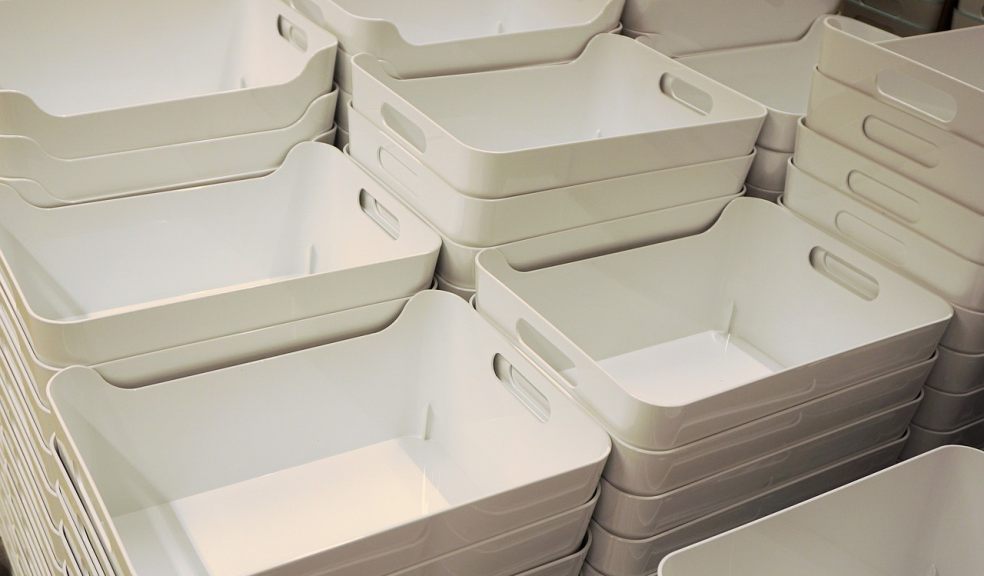
Efficient Food Storage: How Stackable Containers Enhance Catering Operations
In the fast-paced world of catering, efficiency is paramount. As caterers juggle multiple tasks and manage various ingredients, having a well-organized storage system becomes essential. Stackable containers are proving to be game-changers in food storage solutions, offering numerous advantages that streamline operations and enhance overall productivity.
Maximizing Space Utilization
One of the most significant benefits of stackable containers, such as Euro stacking containers, is their ability to maximize storage space. Kitchens in catering environments can often feel cramped, with numerous items vying for attention. By utilizing stackable containers, caterers can effectively use vertical space, allowing for better organization. This design feature minimizes the footprint of storage solutions, enabling more room for other essential kitchen tools and ingredients.
Easy Access to Ingredients
Accessibility plays a crucial role in the efficiency of food preparation. With stackable containers, ingredients can be easily stored and retrieved without creating chaos. Caterers can quickly identify what they need, saving valuable time during busy periods. Additionally, clear containers allow staff to see contents at a glance, minimizing the need to rummage through stacks to find specific items.
Enhanced Food Preservation
Preservation of food is vital in catering, as ingredients need to maintain their freshness for optimal taste and safety. Stackable containers are often designed with airtight seals that prevent air from entering and moisture from escaping. This functionality helps prolong the shelf life of food items, reducing waste and ensuring that clients receive the highest quality meals. By storing ingredients properly, caterers can maintain flavor integrity and enhance overall dish presentation.
Streamlined Inventory Management
Effective inventory management is crucial for any catering business. Using stackable containers simplifies this process, as it allows for systematic organization. Ingredients can be categorized and labeled according to usage, making it easier for staff to track supplies. When everything is stored in a designated container, counting and restocking items becomes a more efficient task. This organization reduces the chances of running out of essential ingredients, allowing caterers to operate smoothly without interruptions.
Versatile Applications
The versatility of stackable containers extends beyond just food storage. They can serve multiple purposes in a catering operation. For instance, these containers can also hold utensils, napkins, and small equipment, contributing to overall organization. Their design makes it easy to store them away when not in use, while still keeping them accessible. This adaptability means that stackable containers can fit seamlessly into various catering scenarios, whether it’s prepping for a large event or managing day-to-day operations.
Space-Saving in Transport
Transporting food and supplies to different venues is a common aspect of catering. Stackable containers facilitate this process by offering a compact solution that can be easily loaded and unloaded. When stacked, these containers save space in vehicles, allowing for more items to be transported simultaneously. This efficiency not only saves time during setup at event locations but also ensures that everything arrives in perfect condition.
Promoting Hygiene and Cleanliness
Hygiene is paramount in the catering industry. Stackable containers made from food-safe materials can be easily cleaned and sanitized, helping caterers maintain high standards of cleanliness. The sealed design of these containers also minimizes the risk of contamination, ensuring that food remains safe for consumption. By prioritizing cleanliness through proper storage solutions, catering services can foster trust and reliability with their clients.
Eco-Friendly Choices
In today’s environmentally conscious world, many manufacturers are producing stackable containers from recyclable materials. By choosing eco-friendly options, catering businesses can reduce their environmental footprint while still benefiting from effective storage solutions. This commitment to sustainability can resonate well with clients who value green practices, enhancing the caterer's reputation and appeal.
Final Thoughts
In conclusion, the advantages of stackable containers in catering operations are numerous and significant. From maximizing space utilization to enhancing food preservation and promoting hygiene, these containers play an essential role in streamlining processes. As catering businesses strive for efficiency and organization, investing in stackable containers emerges as a wise choice. By adopting these practical storage solutions, caterers can ensure that they meet client expectations while maintaining high standards of quality and service. The right storage strategy is pivotal for success, and stackable containers are undoubtedly a step in the right direction.













